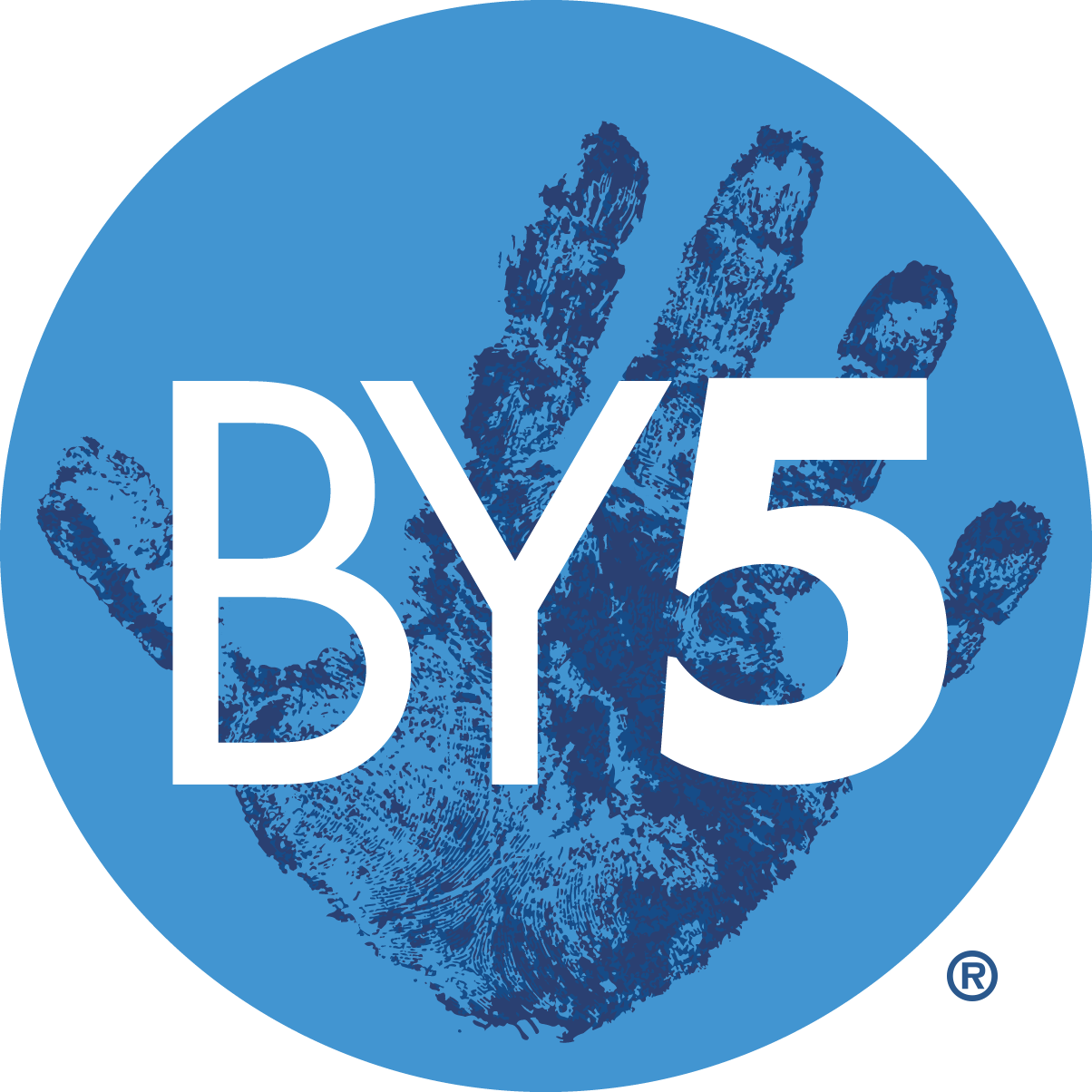By the time babies turn one, they are curious, observant, energetic, determined, focused, and sometimes stubborn. At this age, they love to explore and are eager to engage with the world.
So much growth has happened in the last year, and so much more is going to happen this year as well. Your baby watches and learns from everything you do, so be a good role model and talk to your child all the time. Create safe environments for your baby to begin to explore the world around them.
What Can You Expect from Your Child?
Eating more. Be sure that you offer your one-year-old lots of nutritious options to eat, and have them join you at the dinner table.
Desiring to walk or crawl to new places of interest. Keep your toddler out of harm’s way, especially around windows and stairs.
Language skills are just beginning to emerge. Watch for cues for what your toddler may want or need. Pointing, reaching, putting arms up, pulling on your pant leg, or crying are ways your toddler is communicating to you. Be sure to use words when responding to those needs and wants.
Beginning to understand “pretend” play, but for them it is real. They love to begin acting out what they see adults around them doing, such as cooking, cleaning, and eating.
Learning by playing. Provide lots of opportunities for your toddler to play, as this is one of the most prominent ways young children learn.
Beginning to show frustration. A lot of this has to do with lack of ability to communicate and their independence emerging. When a toddler gets frustrated, stay calm and redirect them or remove them from a situation to get them to focus on something else.
Beginning to speak. Most children talking at age one can say three words, such as "mama," "dada," or "ball." Always expand on what the child says, placing their one word into a two or three-word sentence, such as:
Oh, you want the red ball?
Are you telling dada "bye bye"?
Toddlers do really well when there are routines established. They can begin to understand what comes next. Make sure certain times of your day have routines, such as eating, getting ready in the morning, dropping off at child care, bath time, and bedtime.
What Can You Do to Help Your Child Learn and Grow?
Read to your toddler. Many times, parents think that because a toddler quickly turns the pages of a book, or even drops it, they are not interested in reading. Keep reading and pointing out pictures; your toddler is learning so much during these interactions.
Toddlers' physical abilities grow significantly during the year they are one. Give them safe opportunities to practice those skills by walking, running, and climbing.
In order for toddlers to learn, they have to practice a skill many times. Give them a chance to practice. By 18 months, your toddler should be able to begin drinking small amounts of fluids from a cup (without a lid), with only a small amount of spilling. Many parents don’t like the mess of a cup without a lid but a toddler needs to practice drinking from a cup without a lid to learn how to do it. Give them a cup when they are seated in a high chair or at a table.
Keep background noise to a minimum. Turn your TV at home and music in the car down or off so you can talk with your child about what is going on around them. The background noises make it hard for your child to focus on your words.
Continue to keep regularly scheduled doctor appointments.
Ask for your child to have Developmental Screening done by the doctor, as well as a Lead Screening.
You are the most important person in your child’s life. Be sure to take care of yourself to be the best parent you can be. Children can be affected by stress in their environments from a very young age. Try to create a low-stress environment for the family.
